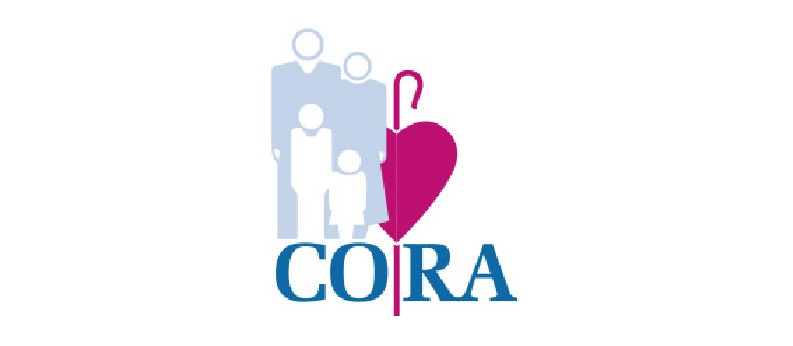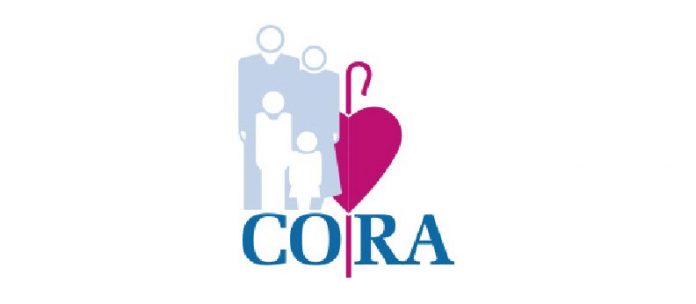CORA Services is partnering with Councilman Bobby Henon to bring the opioid epidemic discussion to Holmesburg.

In 2016, 900 people died from fatal overdoses in Philadelphia. That figure alarmed officials and contributed to the opioid epidemic’s crisis status.
In 2017, that figure was surpassed by September.
Official tallies are not yet released, but the figure is expected to land somewhere upward of 1,200 deaths. The opioid epidemic has largely impacted Philadelphia and the Northeast, where 20 percent of those deaths took place.
Previously, CORA Services hosted a discussion meant to educate the public on the crisis and how to help. Now, CORA will host a similar second discussion so more Northeast residents can participate.
The second kNOw Drugs in the Northeast discussion will take place Thursday, Jan. 18, at 7 p.m. at the Holmesburg Recreation Center. The discussion will be hosted by CORA, the Holmesburg Civic Association, Councilman Bobby Henon and Self Help Movement rehabilitation center.
Just like the first, the discussion will allow residents to voice concerns and questions as well as receive information about opioid and other deadly addictions. There will also be a presentation from Dr. David Fialko of the Council of Southeast Pennsylvania Inc. on how to administer naloxone to a person who is experiencing an overdose.
After the demonstration, participants will be able to take home Narcan, a treatment brand of naloxone.
There will also be presentations from AnneMarie Schultz, CEO of CORA, and Mary Doherty, director of government and strategic partnerships at CORA.
“Up in the Northeast, opioid addiction is in everyone’s family, including mine,” Henon said. “Take a look at the numbers. It affects lives in a literally life or death way. While people are addicted, they’re committing crimes and stealing just to survive, and not to feel sick and not feel a certain way.”
Henon urged anyone who had witnessed or was affected by any type of addiction (including drug and alcohol) to go to the event. That sentiment was echoed by Tara Gontek, president of the Holmesburg Civic Association.
“I don’t think there’s anyone out there who isn’t in some way affected by opioid epidemic,” Gontek said. “The epidemic is a very large issue that is going to take a lot of different approaches to fully solve. Keeping people alive is the first thing you have to do.”
Henon previously toured pharmacies in Northeast Philadelphia to remind them of the surgeon general’s standing orders to distribute naloxone to anyone with or without a prescription. He found that most pharmacies in the Northeast offered the treatment.
However, even on that trip, a pharmacist questioned the value of the life-saving treatment, asking what the city gained from distributing the treatment.
“We need to not just talk about the epidemic, we need a plan of action,” Henon said.
The speaker series is part of a paired effort with Mayor Kenney’s Task Force to Combat the Opioid Epidemic. At the beginning of the year, the task force hosted several sessions where residents were invited to come voice their opinions about what the series should focus on.
A synthetic opioid known as fentanyl spiked in use in 2014, according to the city Department of Public Health. A similar drastic spike in deaths involving fentanyl happened in 2006, when users started taking it in conjunction with other drugs. It immediately dropped back down to little use in 2007. Currently, use of the drug is seeing a similar uptick to what happened in 2006.
Substance misuse is not a Philadelphia-specific issue. In 2015, nearly 21 million people had a medically diagnosed substance abuse disorder, but only one-tenth of those people sought any sort of treatment.
The event is free to the public, but participants should register on CORAServices.org beforehand. ••





